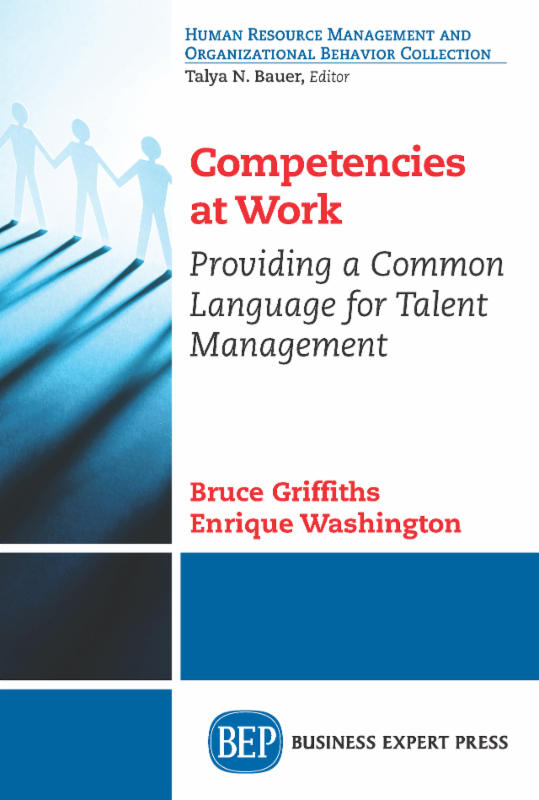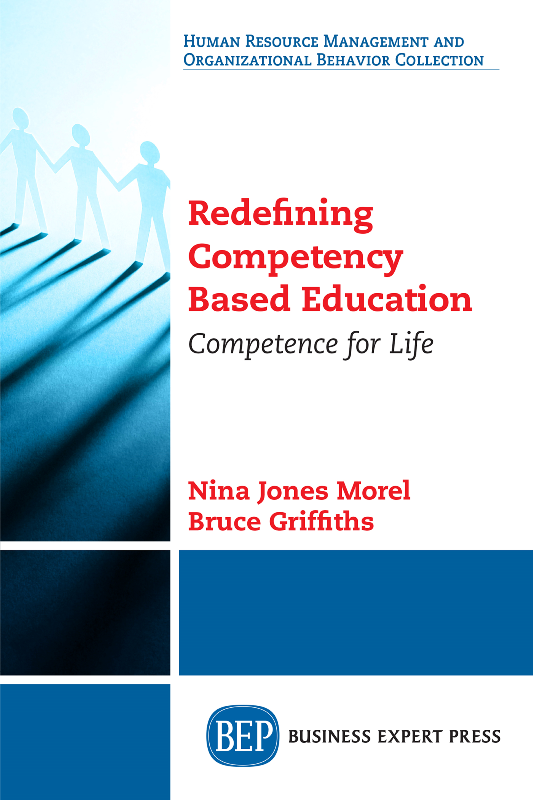 |
|
|
 A Message from OSI A Message from OSI |
|
In this edition of The Navigator we preview a coming attraction that will be featured in our Spring Navigator. With a certain shift to more of us working remotely post-pandemic, we'll next be reporting on research into any competency differences needed in leading remote teams. With our good friend and colleague, Dr. Deb Pettry, we're currently finishing up a survey based comparison of the classic inflection of leadership competencies in face-to-face settings with what is needed when teams are remote. Stay tuned!
We hope your holidays were safe and enjoyable, and look forward to our probable return to the new-next-normal later this year.
|
During the pandemic we've been fortunate enough at OSI to be able to shift much of our work to remote, safer locations. In my case, I've set up shop in our comfortable home library, which we affectionately call the Jumanji Room as it contains mementos of our 40+ years of travel.
I am keenly aware that my ability to work happily from home is a privilege that many essential, front line workers in retail, hospitality, travel, health care, manufacturing, and distribution have not had the option to exercise. It's apparent to those of us afforded this privilege that the digital shift to remote work will likely persist. As Thomas Friedman, New York Times columnist recently noted, "More people, in more places, can now connect, compete, and collaborate in more ways for less money than ever before." This digital shift means that many more of us will continue to work from home more safely and productively thus reducing traffic congestion, pollution, office rental costs, etc. This abrupt shift to remote work has come with a social cost. The dictionary definition of remote includes the synonyms "secluded," and "removed," and "isolated." All these terms have negative interpersonal implications. To underscore this point, measures of stress, mental/physical health, and alcohol/drug consumption have all risen during the pandemic. After almost a year of quarantine we all really do need a hug. It seems we will continue, at least for the foreseeable future, to serve, and occasionally suffer, on remote teams under leaders we only see online. This poses a question for those of us in the leadership business - what are the differences, if any, in remote leadership? How does/should leadership change in a remote environment? The recent professional literature has been replete with observations and opinions about how remote teams are different and how they may require new, different, leadership. Most of this reporting is, however, anecdotal. Here is a sample of those opinions and observations: - Communication between the leader and followers, plus leadership initiated intra-team communications, must be significantly enhanced and amplified on remote teams. ("Virtual Leadership: An Important Leadership Context" Gordon B. Schmidt, SIOP Research)
- How team members handle and react to being remote does change with their personality, e.g., it maybe a little easier for me, an introvert, to work from home as I get my energy away from people. ("A Practical Guide to Working Remotely With All 16 Personality Types" , Jonathan Thompson-Zapier, Fast Company)
- Virtual teams are more susceptible to mistrust than in person teams. We need personal, face-to-face connections to establish interpersonal bonds. Aristotle was right, we are social animals. ("Improving Communication in Virtual Teams" Jared Z. Ferrell and Kelsey C. Herb, SIOP White Paper)
Directly translated to the language of competencies, these three opinions argue for increased leadership proficiency in the Polaris® Competencies: Communicativeness, Sensitivity, and Relationship Building. But these are opinions. To establish a stronger, more objective analysis for needed remote leadership changes, a colleague, Dr. Deb Pettry and I decided to do field research based on a competency survey. Using our Polaris® Competency Model we've solicited input from several hundred remote team members and leaders. Our survey respondents are asked to rate each established competency on how essential it is to remote leadership. We'll soon be analyzing our results and comparing them with 20+ years of historical, face-to-face, validity results. We'll most likely report our findings in late spring Stay tuned!
© 2021 Organization Systems International
For more information about Polaris® please contact OSI at 858.455.0923 or email Crystal Matsuura at [email protected].
If you have comments or experiences, please share with OSI!
|
|
|
 ANNOUNCEMENTS ANNOUNCEMENTS |
 |
New Polaris® Development Package:
In both work and academic contexts individuals often receive explicit or implicit competency evaluations in any number of ways including performance evaluations, testing, multi-rater surveys (360's), assessment centers, selection/promotion screening and interviews, candid informal feedback from a trusted co-worker, or even indirectly from a work event (" I really needed to be better at managing conflict with THAT customer!"). Of course a diagnosis is only half the calculation in actually leveraging good feedback. To truly take maximum advantage of that feedback disciplined ACTION is needed. Indeed, in health care if a diagnosis is not followed by a prescription then malpractice might be inferred.
In 40 years of helping individuals diagnose and improve their skillsets OSI has assembled a set of best practice processes and documents to help up the probability of actual improvement.
These helpful aids have been packaged and are now available for purchase and/or license.
|
OSI Development Document
|
Description
| |
The Power of a Development Plan
|
PDF describing how important a structured development plan can be along with a listing of the elements of a best practice plan.
| |
Polaris® Development Plan (with sample plan)
|
A "fill in the blank" best practice development plan that includes all the necessary elements of a structured plan. A complete, sample plan is included to illustrate all plan elements.
| |
Polaris®Competency Vision Statements
|
Compelling narratives of a preferred positive future in a subset of the competencies most frequently in need of development.
| |
Building a Development Plan PPT
|
Power Point deck to introduce concepts necessary to thinking about, drafting, and successfully executing a development plan. TTT notes included.
| |
OSI Monograph Library
|
A set of several dozen articles written to help investigate, and remedy shortfalls in key competency areas; e.g. articles on Communicativeness, Strategic Thinking, Visioning, Problem Solving, Creativity, etc.
|
New Virtual Polaris® Certification Workshops:
We are now offering the Polaris® Certification Workshops via webinar (Zoom) for individual coaches and/or HR professionals interested in the OSI Polaris® Competency Model and its supporting applications, especially the 360° developmental assessment. For more information, please contact Crystal Matsuura at [email protected] or 1-858-455-0923.
Book Links:
Co-authored by our very own president/senior consultant, Bruce Griffiths, and our business  partner, Enrique Washington. Competencies at Work is a thorough, yet digestible look at contemporary competency modeling. It will equip readers to understand, build, and implement competency models as a foundational and integrating element in talent management systems. Readers will understand how competency models have evolved to be the current best-pr actice in defining criteria for all talent management applications such as selection interviews, promotion panels, assessment centers, job descriptions, and learning objectives. The book also provides specific guidance in the steps needed to establish a sustainable model, with research results on universal competencies contained in most contemporary models.
Competencies at Work is available now through Business Expert Press or Amazon.
Co-authored by our very own president/senior consultant, Bruce Griffiths, and our business  partner, Nina Jones Morel. Redefining Competency Based Education provides an expanded definition of career competence, based on actual employer hiring and promotion requirements, which enhances university curricula to better prepare students for work and life. Readers will learn how private sector competency models have evolved to define criteria for hiring, promoting, and training talent.
|

At Organization Systems International, we are celebrating our 40th year of quality, service, and innovation. We deliver client success with a high-performance approach designed to enhance occupational relationships, improve operational efficiency, and sustain customer relationships.
|
|
 |
OSI CLIENTS HAVE INCLUDED:
|
American Greetings
Avery Dennison
Blizzard Entertainment
Bowling Green State University
Dow Corning Corp.
Fleetwood
Fossil
GE Capital
Hydro Flask
Insurance Company of the West
Johns Lyng Group
Lawrence Livermore National Labs
L Brands
|
Lipscomb University
Nike, Inc.
Petsmart
Portland State University
Schneider Trucking Company
ServiceMaster
Siemens
Standard Insurance Company
Starwood Hotels & Resorts
State Auto Insurance
University of California, San Diego
The Walt Disney Company
Wendy's International Inc.
|
|  |
|
|
|
 |
|